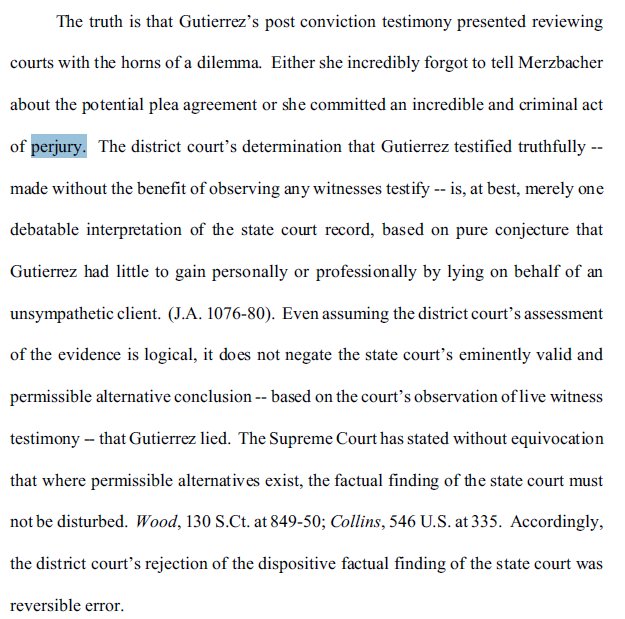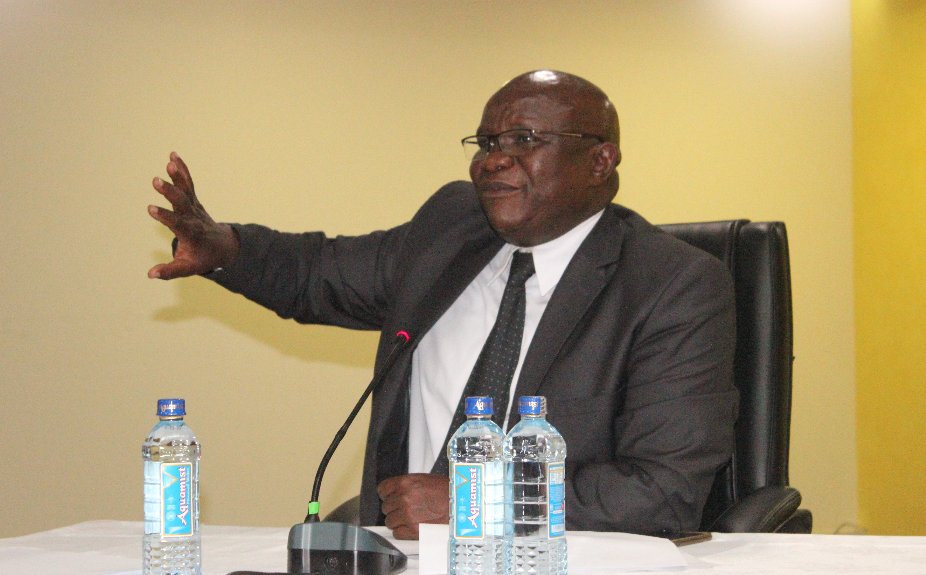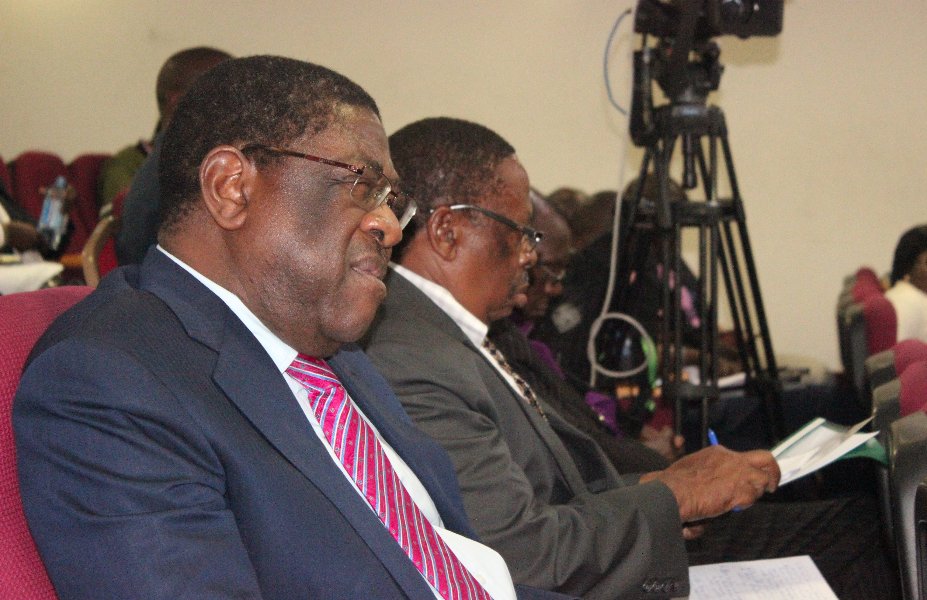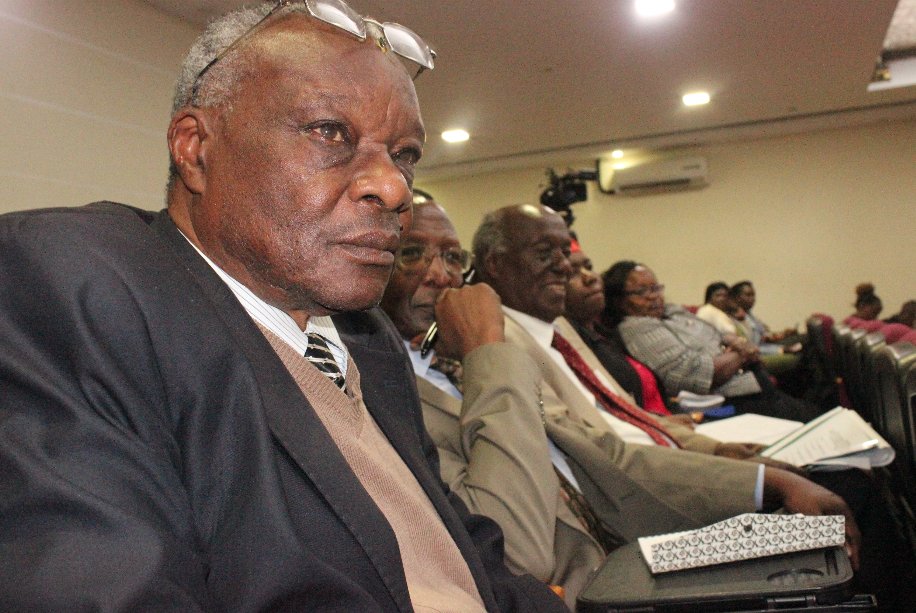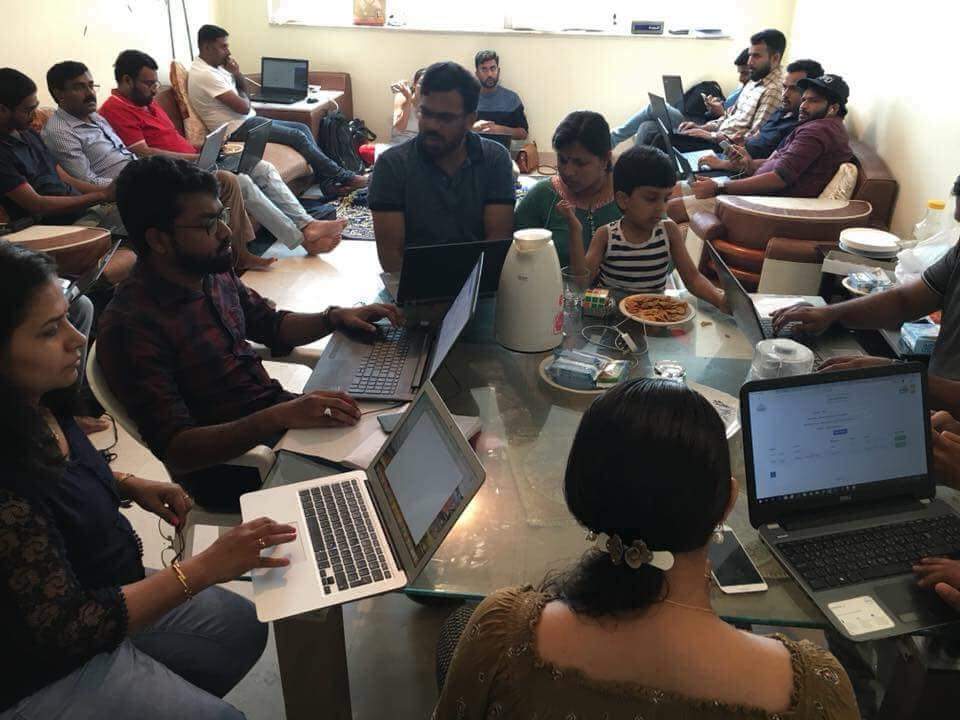
1. There was a dissent in the Court of Special Appeals (COSA)
2. COSA opinion was reported, and therefore precedential in future cases
3. State would be the petitioner
4. Case is high-profile & interesting /4/
The State has two options. It can retry Syed using what it has characterized as “overwhelming evidence. Or it can try to get COSA case reversed. /9/
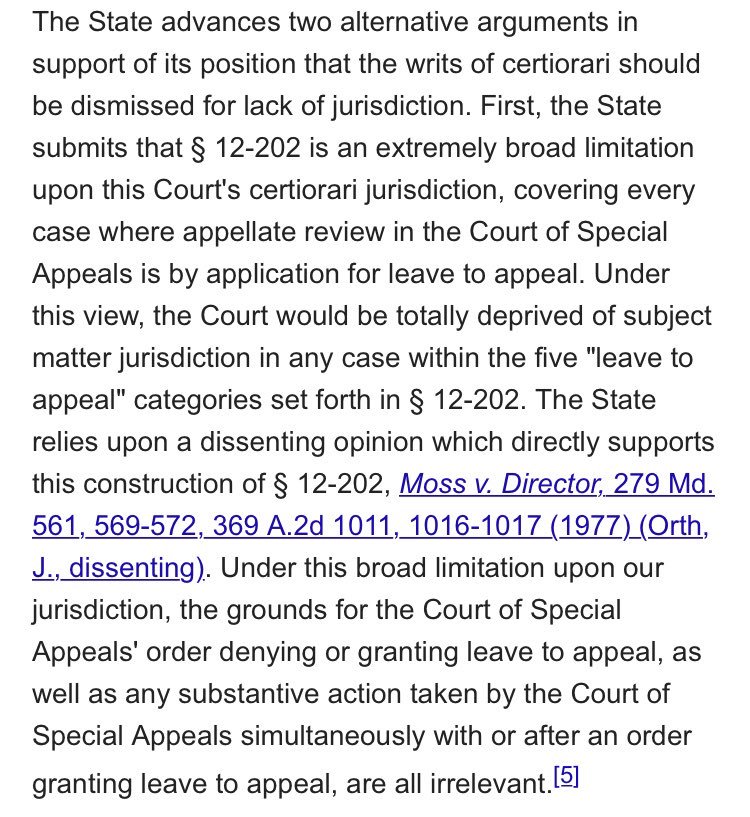
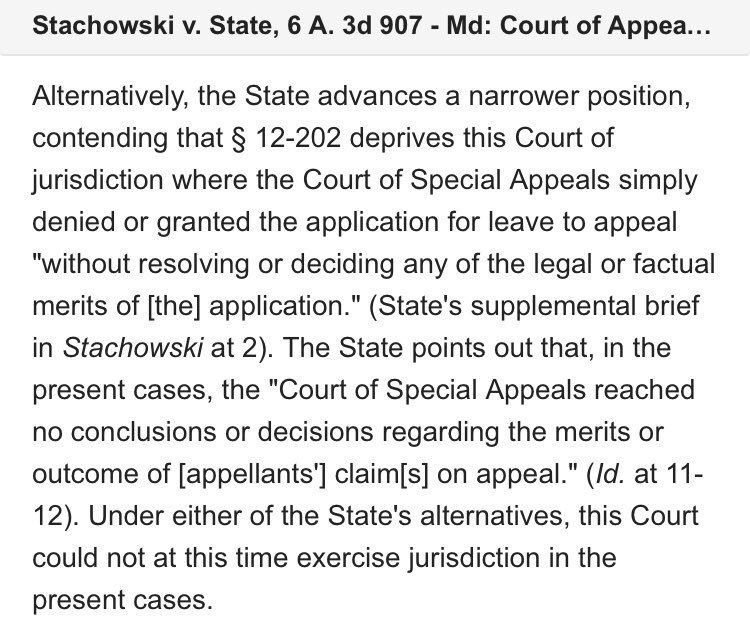
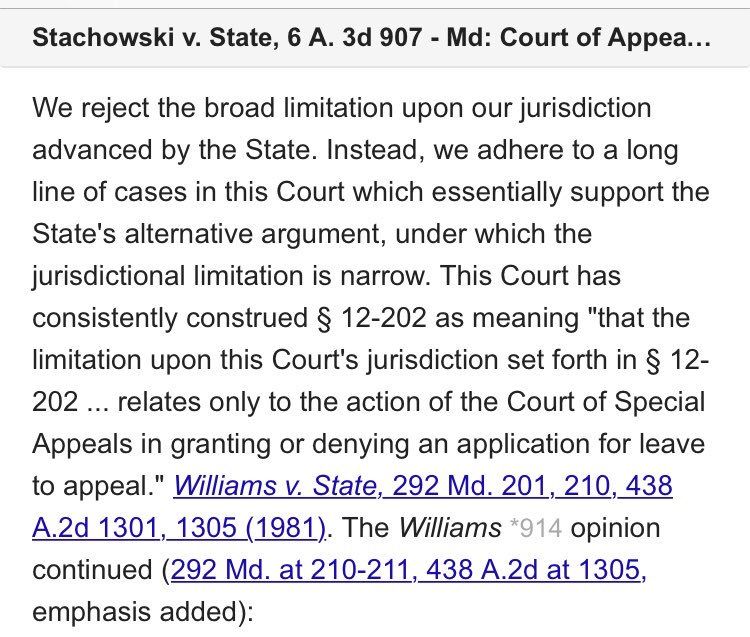
Most focus is on Chief Judge Woodward’s majority opinion and Judge Graeff’s dissent. I’ll focus on the swing vote, Judge Wright. /21/
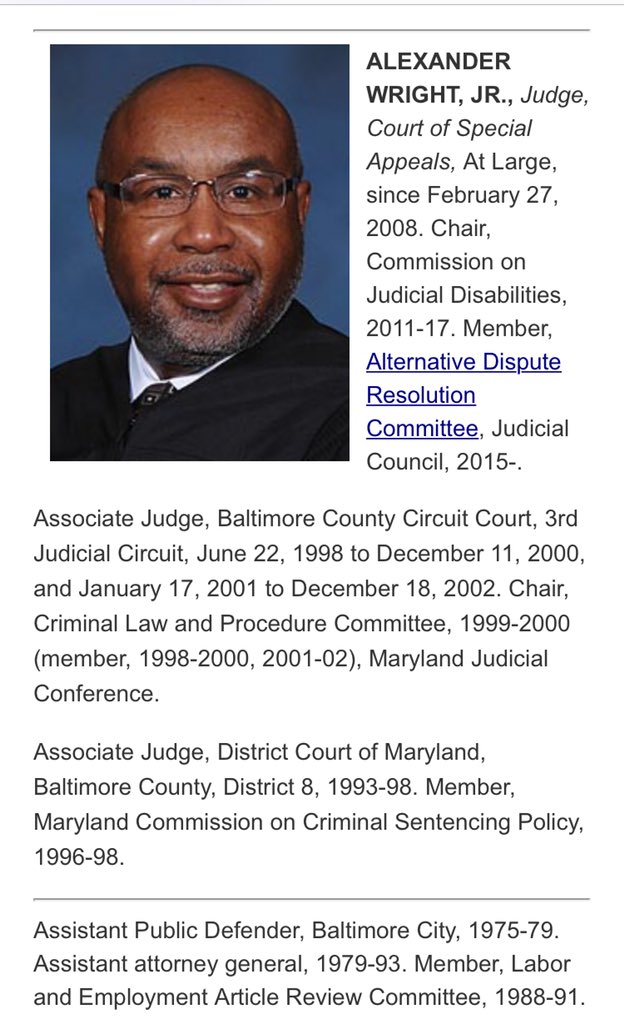
The dissent focuses solely on whether Syed met his burden of showing deficient performance, ie, non-strategic failure to contact alibi. No dispute that, if deficient, there was prejudice.
/28/
/29/
/30/
/31/
/32/
/34/
/35/
/36/
/37/
/38/
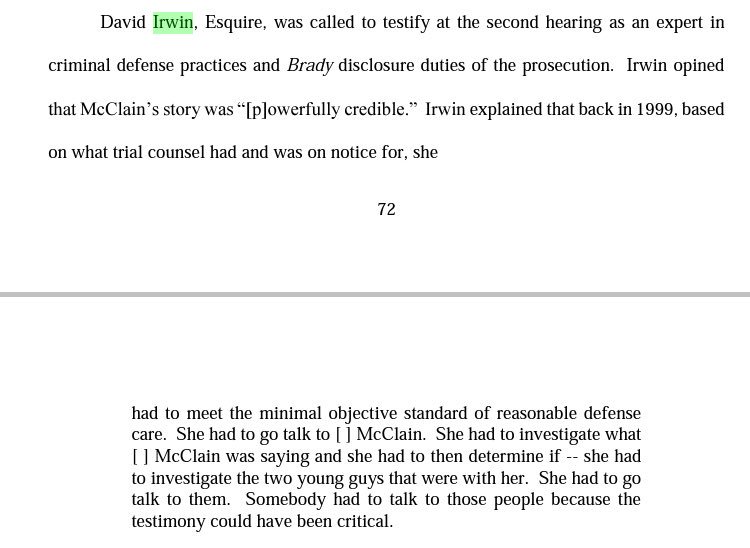
/39/
/40/
/41/
/42/
/43/
scholar.google.com/scholar_case?c…
scholar.google.com/scholar_case?c…
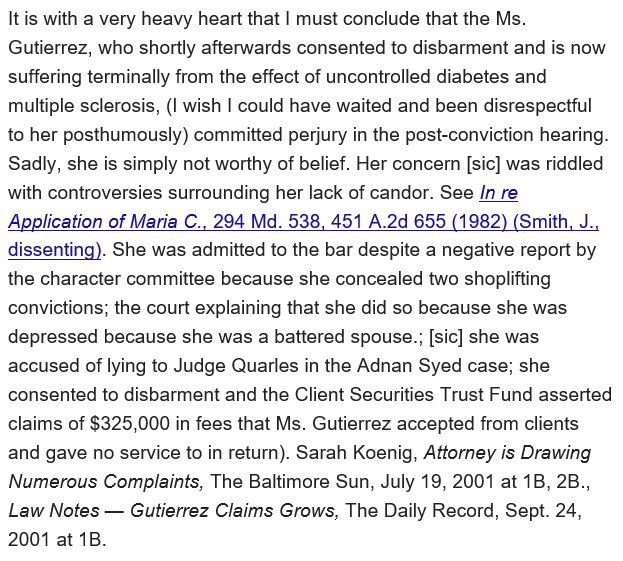
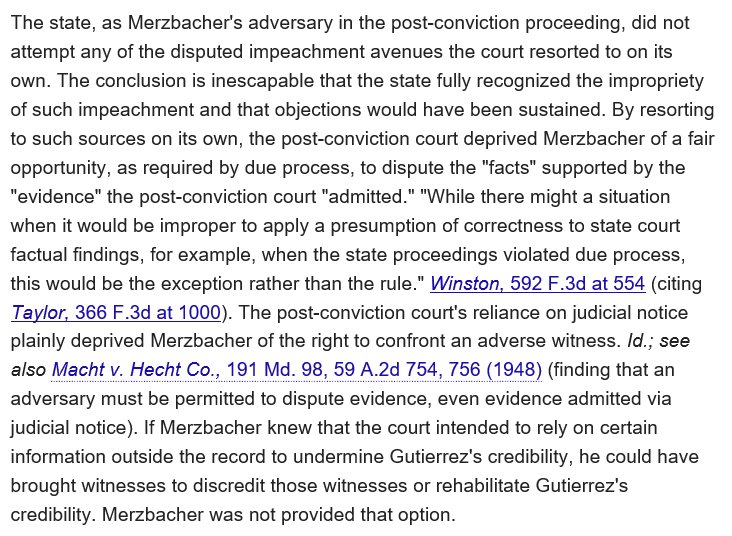
pacer-documents.s3.amazonaws.com/199/10-07118/0…


scholar.google.com/scholar_case?c…

But the State is on record that, where relevant, it is appropriate to take judicial notice of the circumstances of the bar complaints against Gutierrez & her disbarment. /51/
/52/
